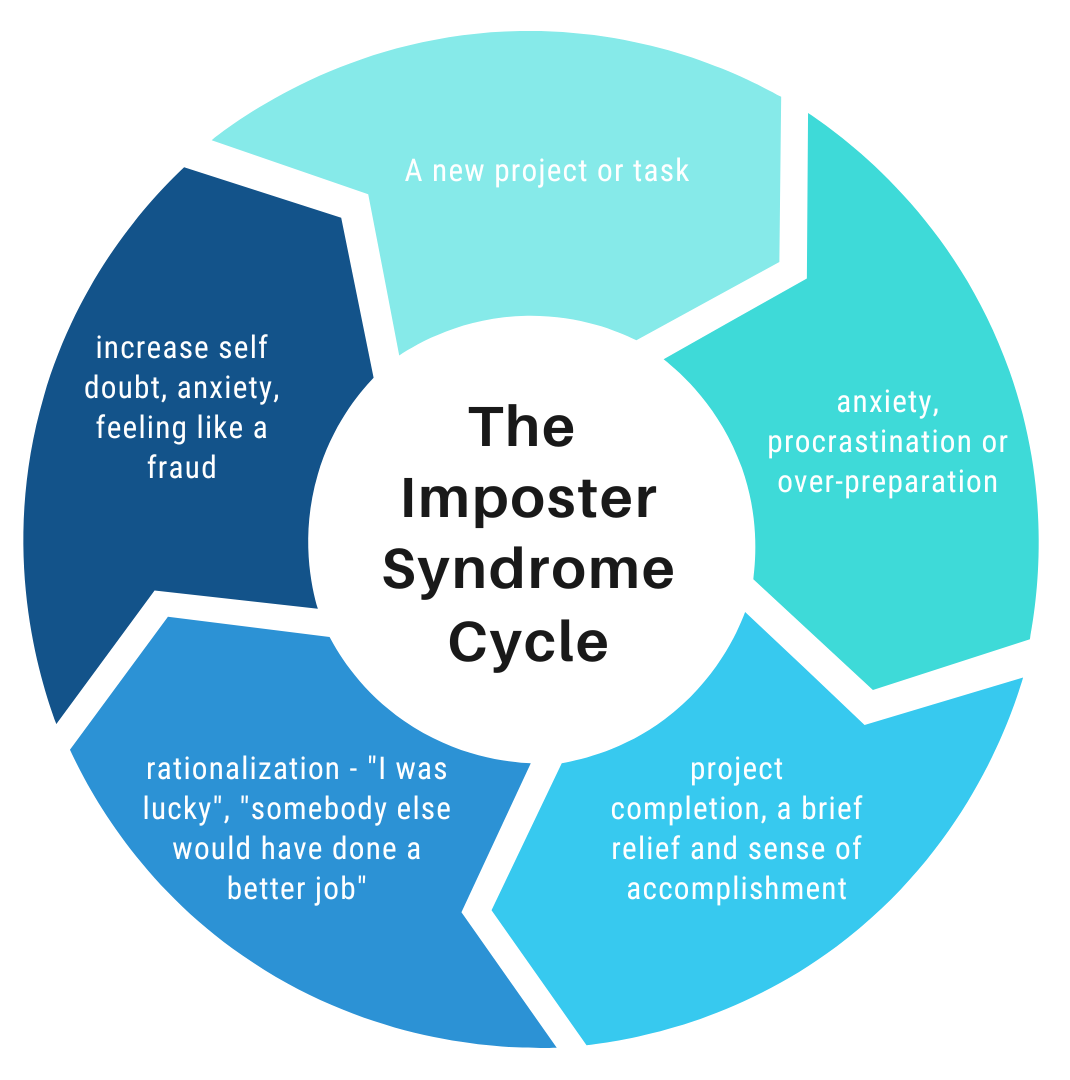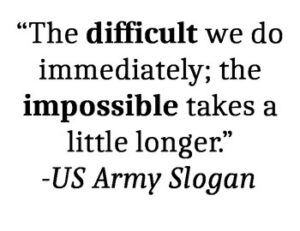Whenever I hear the word “imposter” it reminds me of Scooby Doo. Whenever they caught a bad guy it was an “imposter” in a costume. So what is “imposter syndrome”? It means you feel like you are somewhere you don’t belong or you have achieved something that you do not believe you deserve.
I grew up in a small town with a population of 6500 people at the time. Everyone knew each other and it was peaceful for the most part. There were four career paths; chemical plant worker, orange processing plant worker, school teacher, and nurse. My father was a chemical plant worker and he did not want that life for me. At the age of 7, he purchased my first computer. It was a Commodore 16 which connected to an XGA monitor. That means it was black with green writing. There were two of us in the city that had computers; me and Mark Hanson. I told you it was a small town.
Over the years I learned everything I could about computers. As a freshman in college, I worked a full-time technical support role for a local internet service provider. By 19, I was a project manager working with electrical engineers at a power company. At 23 I was the director of information technology for a forensic science company. I was doing well for a kid from a small town of 6500 people. There was just one thing that stood out. I was the only African American working in roles of this nature. Did I choose the right career path? I felt like an imposter, in more than one way.
As people, we tend to compare ourselves to others. It is natural to want to compete and win. I worked hard, read books, and built labs so I could constantly gain a better understanding of information technology. My friends were still navigating life and identifying what they wanted to be as adults. I was already working in the field of my choice. I also held a very high-ranking position at a very well-known company at the age of 23. What was the problem? I was not getting the accolades that others were getting. Was I underperforming? Was I not good enough? Was I an imposter suffering from imposter syndrome?
I indeed had imposter syndrome until I met a gentleman by the name of Cary White. Mr. White was an older African American man who worked a full-time job and owned his own information technology company. We sat down and talked about my accomplishments. Mr. White was very impressed. In fact, until that moment, no one that looked like me or otherwise seemed impressed. Mr. White put me and the imposter face to face and allowed me to see who I really was. I could accomplish anything I set my mind to.
How do you avoid the traps of imposter syndrome?
Acknowledging imposter syndrome is one of the first steps to freedom. One must be able to conduct a self-evaluation and identify if they have any of the characteristics of imposter syndrome. How does it make you feel? Do you want to do something about it? No one can be a better cheerleader for you THAN you. If you are performing tasks at work that no one else has ever done, celebrate yourself. Acknowledge that you are capable of doing the impossible. Be proud of yourself and your accomplishments. Uplift is the key.
Another trap that can increase the chances of experiencing imposter syndrome is competing or comparing yourself to others. It is natural to desire to be the best, however, in order to be the best one must compete against others. What if you competed against yourself? In my next blog I will be discussing setting short term goals to reach your long term goals.


